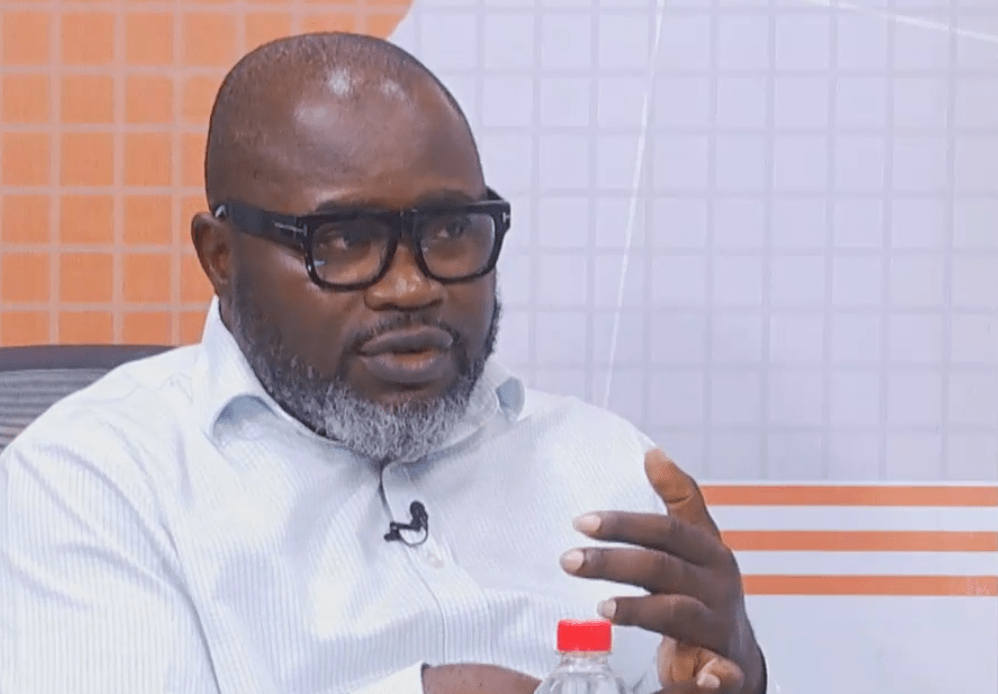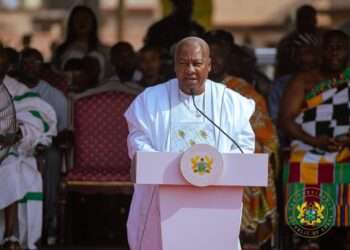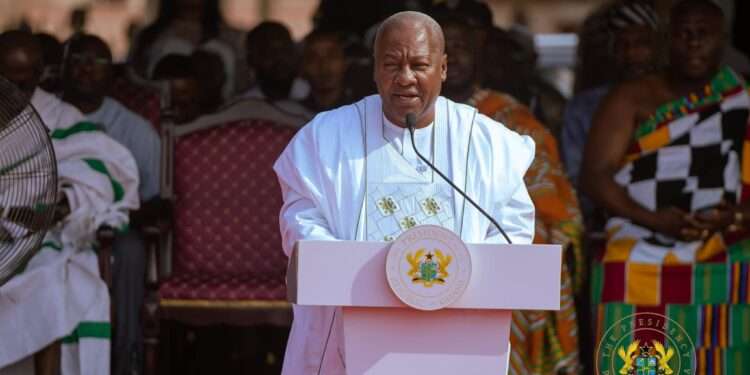Tertiary education is the backbone of a nation’s development, yet it often faces challenges that require urgent government intervention.
For these interventions to be effective, they must be swift, targeted, and need-based.
Accordingly, Kofi Asare, Executive Director of Eduwatch Africa, has emphasized the need for the incoming Ministers of Education and Finance, or the Chief of Staff, to facilitate a one-month credit for Tertiary Academic Facility User Fees (AFUF) for needy students.
“An average of GHC 2,750 per first-year student is earmarked as free AFUF for students who have gained admission into public tertiary institutions.
“This is enough to prevent the average prospective public tertiary student from NOT honoring their conditional admission due to the lack of about GHC 2,500 cash”.
Kofi Asare, Executive Director of Eduwatch Africa
According to him, this initiative would ensure that these students do not lose their conditional admissions due to the delayed government support they may have counted on.
Asare highlighted that this measure would help fulfill the Mahama government’s campaign promise of providing free AFUF for all first-year tertiary students.

He further noted that, under normal circumstances, students typically have only two to three weeks to pay their fees or risk losing their conditional admission offers.
This tight deadline poses a significant challenge for many financially constrained students, who may rely heavily on timely government assistance.
Asare elaborated that with the 2025 main budget scheduled to be presented in March, there is a real risk that some needy students may miss their conditional admission deadlines before government support is available.
He stressed the urgency of implementing an interim solution, such as the proposed AFUF credit, to bridge the gap and prevent students from forfeiting their educational opportunities due to delays in budgetary allocations.
This proactive approach, Asare noted, would ensure that no student loses their chance at higher education simply because of bureaucratic delays. “In such cases, after the budget is read, cash is paid to universities”.
Swift Policy Implementation to Resolve AFUF Challenges
Furthermore, Kofi Asare expressed hope that once the government’s promise of Free Tertiary Academic Facility User Fees (AFUF) becomes a formal policy, it will address and resolve the current challenges faced by prospective students.
He emphasized that the implementation of this policy should eliminate the uncertainties and gaps that often result in needy students losing their conditional admissions due to financial constraints.

“For greater impact, targeting this intervention at the needy would enable needy students get even more to support their accommodation in year one ahead of their first student loan which usually arrives at the end of the same year”.
Kofi Asare, Executive Director of Eduwatch Africa
Asare highlighted the importance of ensuring that all aspects of the policy are carefully structured to provide adequate support and cushioning for genuinely needy students.
By addressing these “grey areas,” the government can create a more inclusive and equitable educational environment where financial difficulties no longer stand in the way of students’ academic aspirations.
He reiterated that a well-executed AFUF policy would be crucial in ensuring that all students, regardless of their financial background, have a fair opportunity to pursue higher education.
According to Asare, this would help prevent students from losing their admission offers due to delayed or insufficient government support. “There are many in my inbox requiring this support to honour their admissions NOW!”
Also, addressing critical issues like infrastructure deficits, faculty shortages, and research funding must be a priority.
Delays in tackling these problems can degrade the quality of education and hinder the country’s progress.
Besides, government policies should focus on improving accessibility, especially for marginalized groups.
This ensures equity and helps bridge societal gaps, fostering a more inclusive educational environment
The need for prompt and strategic intervention in tertiary education cannot be overstated.
It is a necessary step towards building a resilient and forward-looking education system that meets the evolving needs of our society.
READ ALSO: AfDB and IOM Hold Talks to Strengthen Migration and Development Collaboration in Africa





















